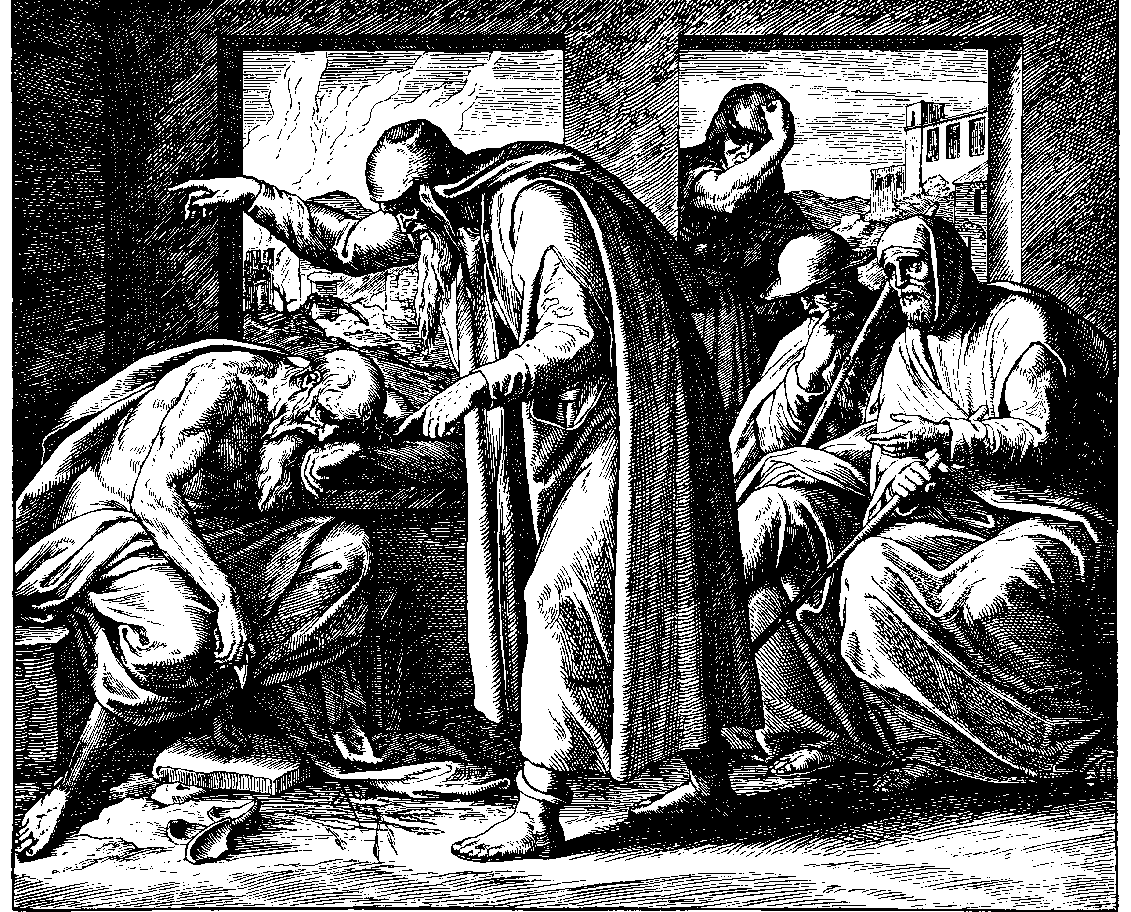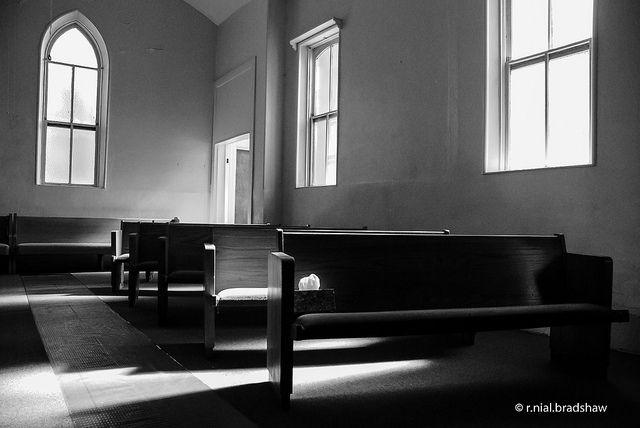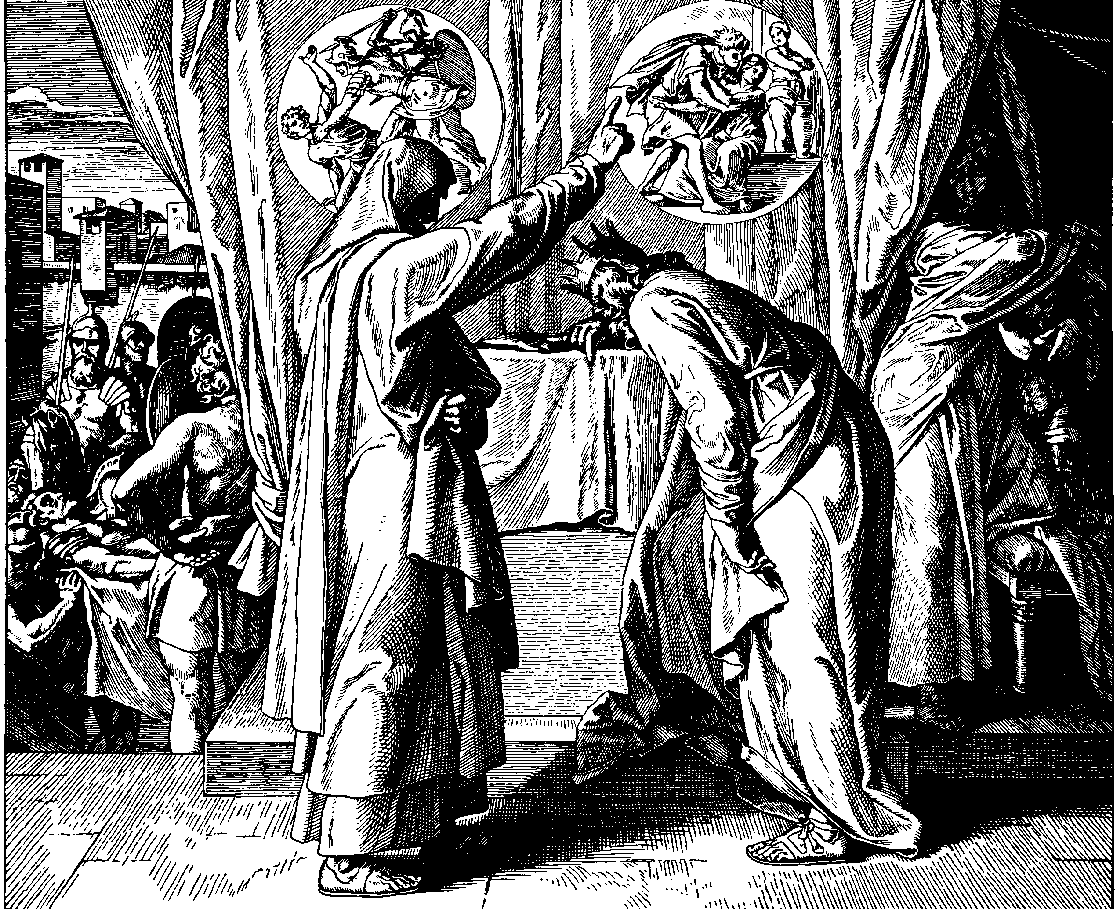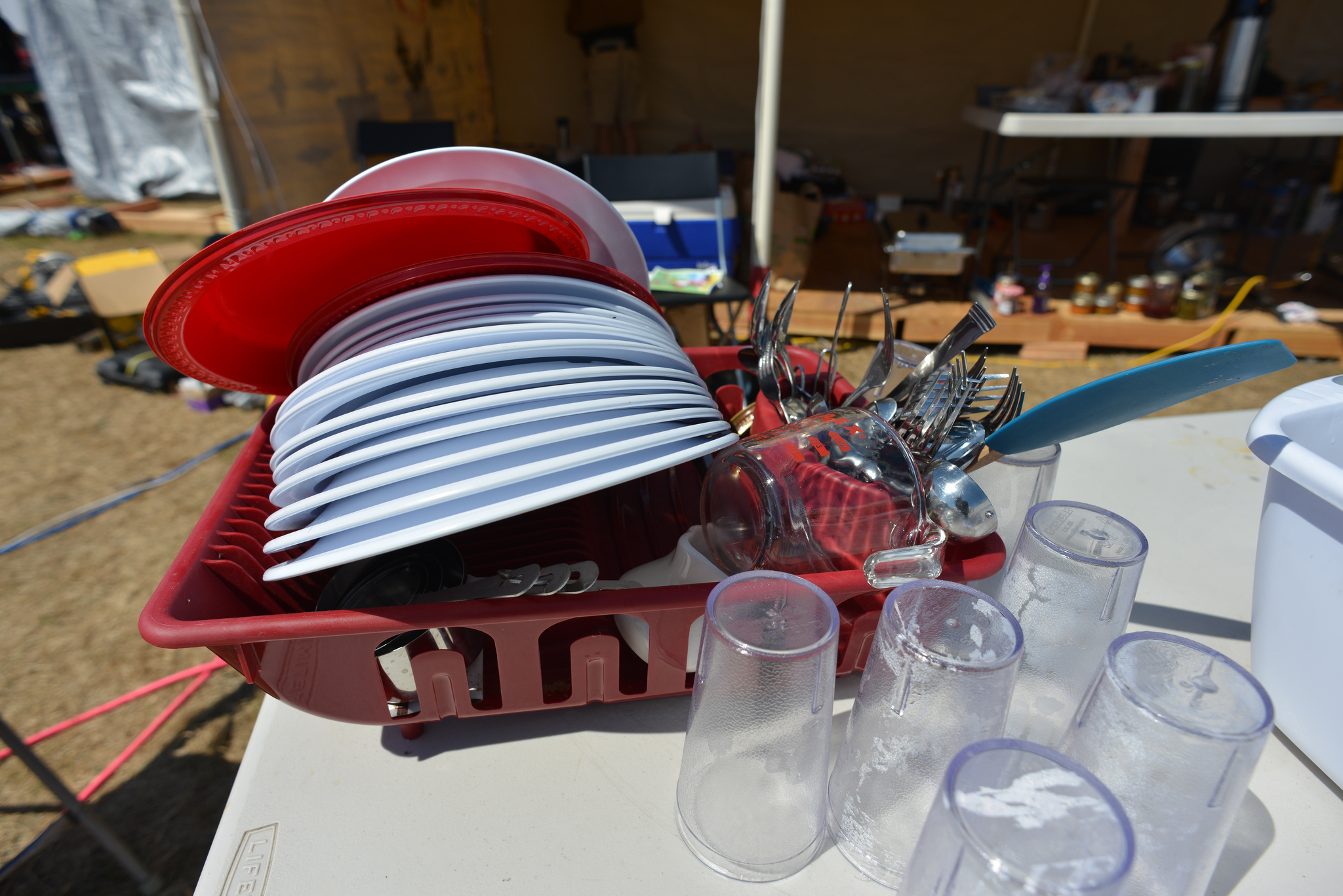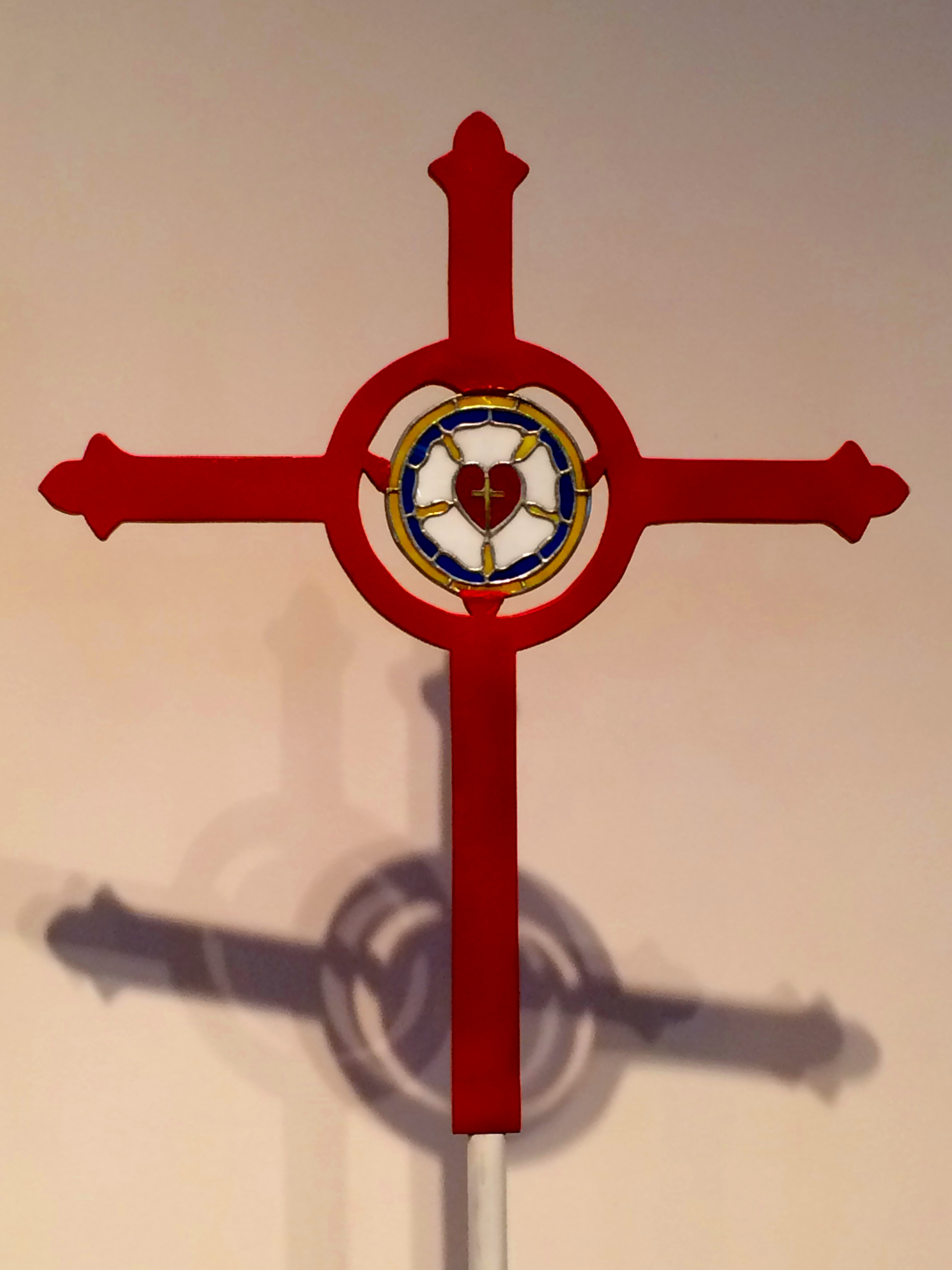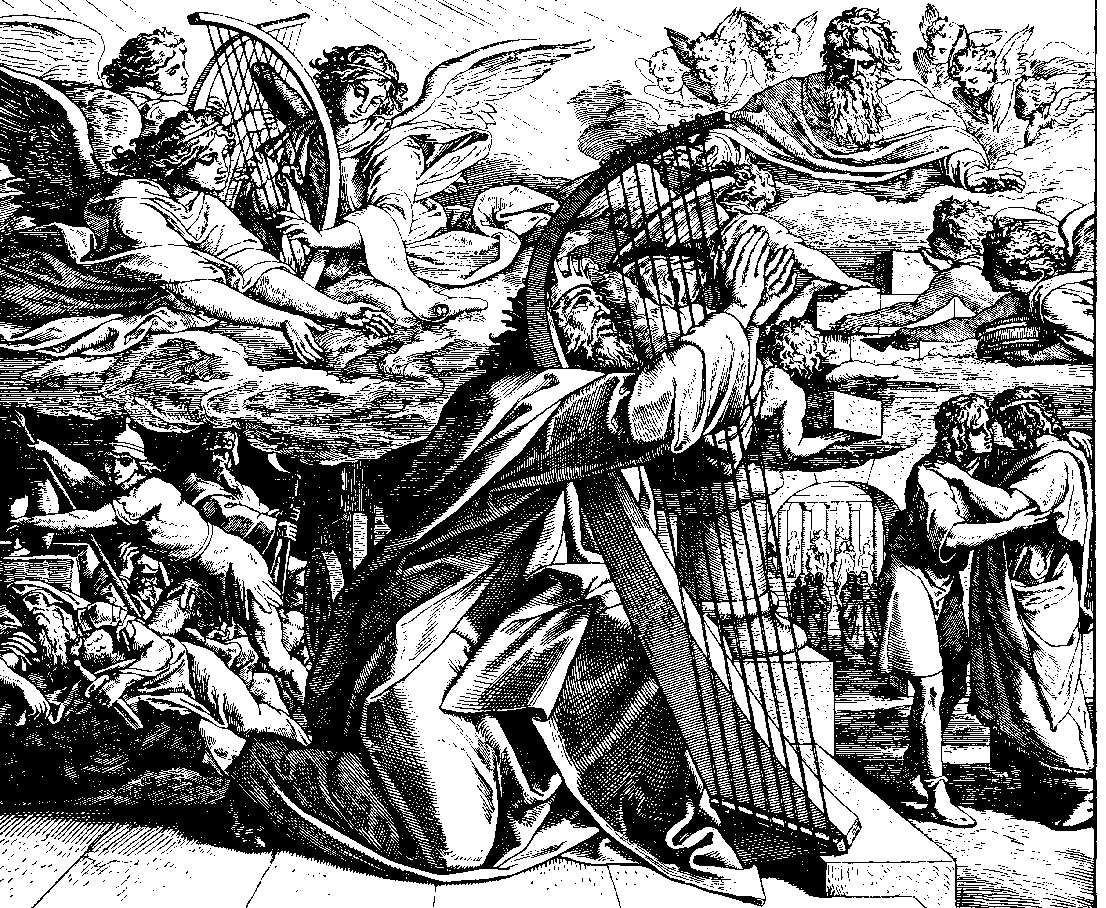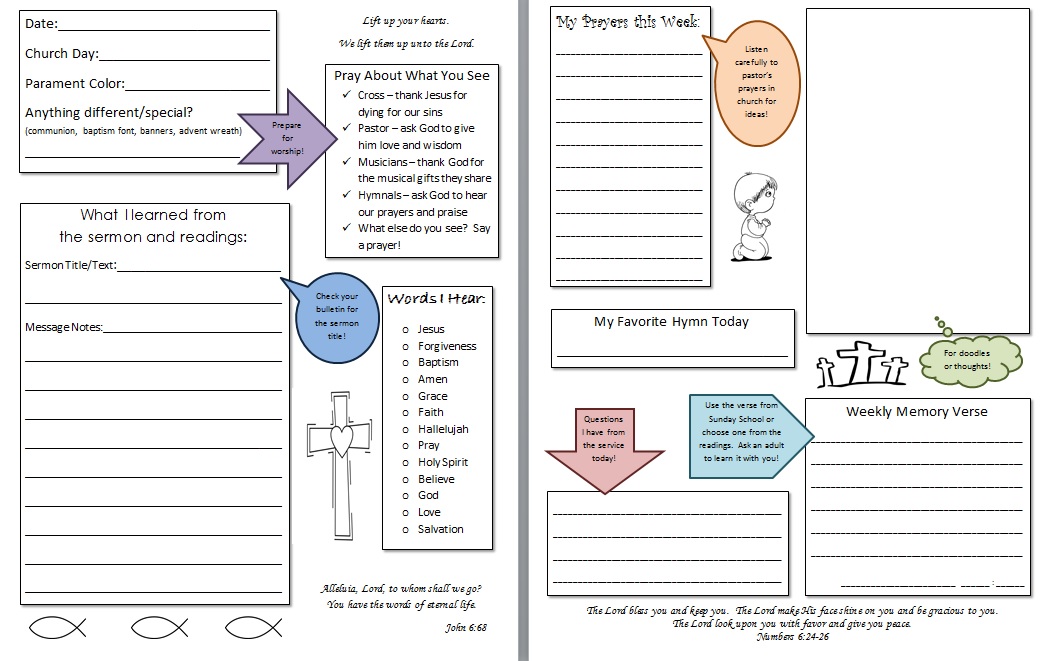-
Psalm 102, Domine, exaudi orationem meam, et clamor meus ad te veniat
By Mary Abrahamson O Lord, hear my prayer, and let my cry come unto thee A prayer of the afflicted when he is overwhelmed, and pours out his soul to the Lord. The previous psalms in this series have focused on the particular sins and also, more generally, upon the sinful nature of the psalmist. This psalm, however, takes a different approach. Here we meditate upon the brokenness of the world. In this life there will be troubles. Natural disasters, broken relationships, societal demise, evil governments and regimes, terror of all varieties. All these can wear on the faithful, can sow seeds of doubt and despair, and can tax the emotional stamina…
-
Psalm 51, Miserere mei, Deus, secundum magnam misericordiam tuam
By Mary Abrahamsson Have mercy on me, O God, according to thy great mercy A Psalm of David when Nathan the prophet went to him, after he had gone in to Bathsheba. In this well known and well loved Psalm God gives us some wonderfully clear expressions of original sin, guilt over specific sins, and repentance for forgiveness of sins through His great mercy in Jesus. David references cleansing with hyssop, bulls, burnt offerings, and sacrifices, all part of the ceremonial cleansing rites God commanded in the Old Testament. Many of the refrains are familiar from our liturgies. The liturgies of both the Old and New Testament church consistently proclaim sin and the need for…
-
How to not drown in disappointent
By Holly Scheer When I was little I had this idea that an intrinsic part of adulthood was that finally I’d get to have things my own way. I’d get to decide what to do, when I wanted to do it, and who I wanted to do it with. I would be in charge. My own boss. I would be master of myself and my destiny. Sisters, that’s not how adulthood works. We’re not islands unto ourselves, able to selfishly act just based on what benefits us. What feels good, makes us happy, fulfills us. We are sisters, mothers, daughters, wives, neighbors… we are part of a family. Vocation places…
-
Psalm 38, Domine ne in furore tuo arguas me, in rememorationem de sabbato
By Mary Abrahamson O Lord, rebuke me not in thy indignation, for a remembrance of the Sabbath, A Psalm of David Oh, this is vivid! Right from the beginning, David gives us a searing image of God’s anger, …. hot displeasure, arrows piercing, hand pressing. God’s righteous wrath over our sin isacutely portrayed in these two short verses. Again we see God pressing on David to show David his sin. O Lord, do not rebuke me in Your wrath, Nor chasten me in Your hot displeasure! For Your arrows pierce me deeply, And Your hand presses me down. The following verses remind us of the physical and emotional burden of our sin. We may think…
-
Psalm 32 Beati quorum remissae sunt iniquitates
By Mary Abrahamson Blessed are they whose iniquities are forgiven, A Psalm of David David starts this well known Psalm with the acknowledgment of God’s great mercy and forgiveness. Blessed is he whose transgression is forgiven, Whose sin is covered. Blessed is the man to whom the Lord does not impute iniquity, And in whose spirit there is no deceit. But then David changes direction. He describes his life under sin. Like David, we hide our sin, we deceive ourselves into thinking that we are not sinning, or that our sin is not so very bad. Other times we simply will not let ourselves admit that what we are doing is wrong. Like David, we feel the weight…
-
Psalm 6 Domine, ne in furore tuo arguas me
O Lord, rebuke me not in thy indignation, a Psalm of David The emotions of the Psalmist David are powerfully expressed. We can likely all recall times during which the weight of our sins is equally great. Right away in the first few verses God’s anger is referred to as hot displeasure. We can understand the troubled bones and soul that cry out for God’s help. O Lord, do not rebuke me in Your anger, Nor chasten me in Your hot displeasure. Have mercy on me, O Lord, for I am weak; O Lord, heal me, for my bones are troubled. My soul also is greatly troubled; But You, O Lord—how…
-
Psalms for Holy Week
By Mary Abrahamson In the Christian church, seven Psalms have historically been classified as the Penitential Psalms. These psalms focus on our sin and our need for a Savior. Some show how a particular sin or sinful lifestyle can eat at us. Others meditate more generally on sinful nature or sin in the world. On repentance and salvation, too, some are more specific and others more general. These Psalms have been used in a variety of liturgical devotional ways throughout the history of Christianity. Some traditions use them during all of Lent; others use one Psalm a day during Holy week. The Eastern church uses them in specific liturgical rites…
